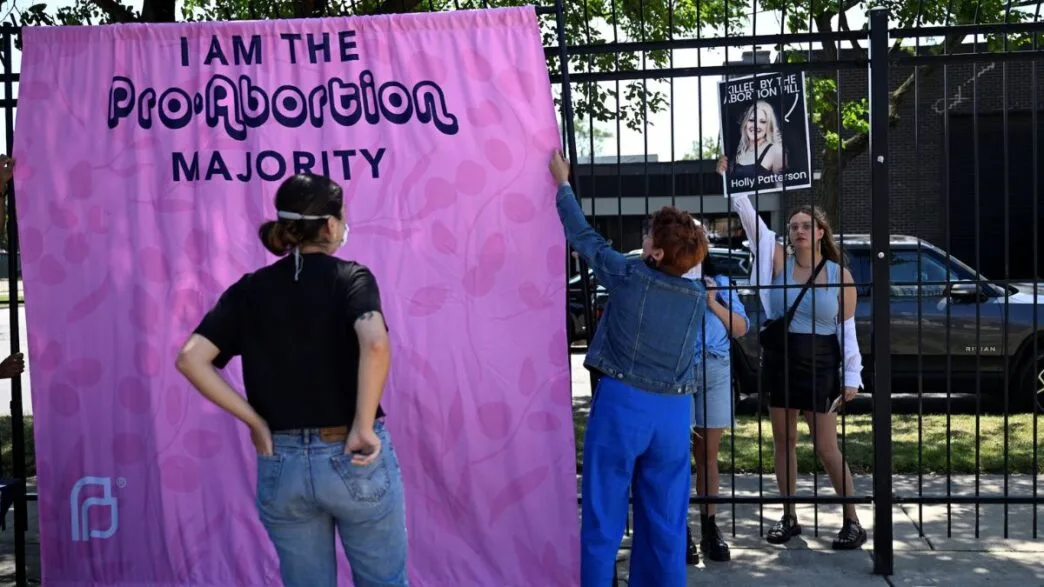The U.S. Supreme Court on Monday declined to hear appeals from anti-abortion activists challenging the legality of buffer zones around abortion clinics. The activists, known as “sidewalk counselors,” argued these zones violate their First Amendment free speech rights.
The justices rejected cases from New Jersey and Illinois, where lower courts had upheld buffer zones, referencing the 2000 Supreme Court ruling in Hill v. Colorado that allowed such measures. Conservative Justices Clarence Thomas and Samuel Alito dissented, with Thomas criticizing Hill and expressing regret that the court didn’t reconsider it.
The issue of buffer zones has resurfaced since the court overturned Roe v. Wade in 2022, ending federal abortion rights. While many Republican-led states have restricted abortion, some cities in states where it’s still legal have adopted buffer zones to prevent harassment outside clinics.
In Carbondale, Illinois, Coalition Life sued after the city council passed an ordinance in 2023 creating an 8-foot “floating” buffer zone. Though the ordinance was later repealed, the 7th U.S. Circuit Court of Appeals dismissed the group’s lawsuit in March 2024, citing the Hill precedent.
In New Jersey, counselor Jeryl Turco challenged Englewood’s 2014 law establishing an 8-foot buffer zone outside healthcare facilities. The 3rd U.S. Circuit Court of Appeals upheld the ordinance in January 2024, stating it protected health and safety without significantly restricting speech.
Planned Parenthood President Alexis McGill Johnson welcomed the Supreme Court’s decision, emphasizing that buffer zones help ensure patients, providers, and staff can safely access abortion care without facing threats or intimidation.
Also read: Musk’s Job Cuts Shake U.S. Government Workers Amid Trump’s Return














